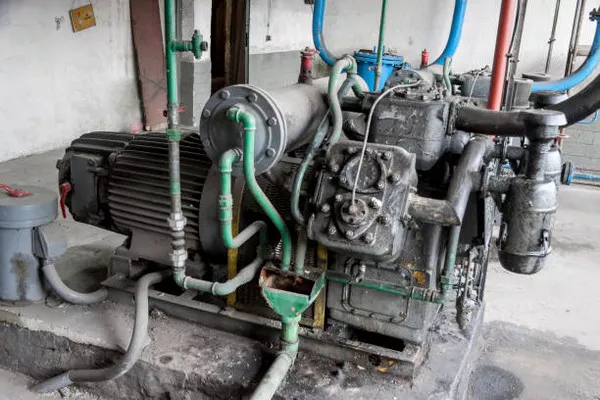In an era marked by technological advancements and increasing dependence on electronic devices, a reliable power supply is crucial for every household. Power outages can disrupt daily life, leading to inconvenience and potential damage to appliances. Investing in a generator is a prudent decision to ensure a continuous power source during such disruptions. However, with a plethora of options available in the market, choosing the right generator for your home can be a daunting task. In this comprehensive guide, we will explore the key factors to consider when purchasing a generator to meet your specific needs.
Determine Your Power Requirements:
Before delving into the world of generators, it is essential to assess your home’s power needs accurately. Consider the essential appliances and devices you want to power during an outage. Make a list of items such as refrigerators, heating or cooling systems, lights, and electronic devices, along with their wattage requirements. This will help you determine the generator’s capacity, measured in kilowatts (kW), that is suitable for your household.
Portable vs. Standby Generators:
Generators are broadly categorized into portable and standby types, each serving different purposes.
Portable Generators: These are versatile and can be moved to different locations as needed. They are ideal for powering a few essential appliances during short-term outages. Portable generators come in various sizes, and their power output typically ranges from 1,000 to 10,000 watts.
Standby Generators: Designed for more extended power outages, standby generators are permanently installed outside your home and automatically start when the power goes out. They are connected to your home’s electrical system and can power all or selected circuits, providing a seamless transition during an outage. Standby generators are available in higher capacities, often ranging from 7 kW to 22 kW or more.
Consider your specific requirements and the duration of potential outages to decide which type of generator is best suited for your needs.
Fuel Type:
Generators are available in various fuel options, each with its advantages and considerations. The most common types include:
Gasoline: Portable generators often run on gasoline, which is readily available. However, gasoline has a shorter shelf life and can be challenging to store for an extended period.
Propane: Propane generators are cleaner-burning and have a longer shelf life than gasoline. Propane is stored in tanks, making it a convenient option for standby generators.
Diesel: Diesel generators are known for their fuel efficiency and durability. They are often chosen for larger standby generators used in commercial applications.
Natural Gas: Connected directly to your home’s natural gas supply, these generators are a convenient and continuous power source. However, they may have a lower power output compared to diesel generators.
Consider factors such as fuel availability, storage, and cost when selecting the appropriate fuel type for your generator.
Noise Levels:
Generators can be noisy, and the level of noise may vary based on the type and size of the generator. If noise is a concern, especially in residential areas, consider generators with lower decibel (dB) ratings. Inverter generators are known for their quieter operation, making them suitable for applications where noise is a significant consideration.
Brand Reputation and Reliability:
Choosing a generator from a reputable manufacturer is crucial for ensuring reliability and performance. Research customer reviews, warranty options, and the manufacturer’s reputation for customer support. Reliable brands often provide better support, ensuring that any issues can be promptly addressed.
Transfer Switch:
For standby generators, a transfer switch is a crucial component. It manages the seamless transition between the utility power and the generator during an outage. Automatic transfer switches (ATS) can detect a power outage and start the generator without manual intervention. Ensure that the generator you choose is compatible with a reliable transfer switch for optimal functionality.
See Also How Many Watts Generator To Run Window AC Unit
Conclusion:
Investing in a generator is an essential step towards securing a continuous power supply for your home during outages. By carefully considering factors such as power requirements, generator type, fuel options, noise levels, brand reputation, and the inclusion of a transfer switch, you can make an informed decision that aligns with your specific needs. Taking the time to assess these aspects will not only provide peace of mind during power outages but also ensure that your investment serves you well for years to come.

